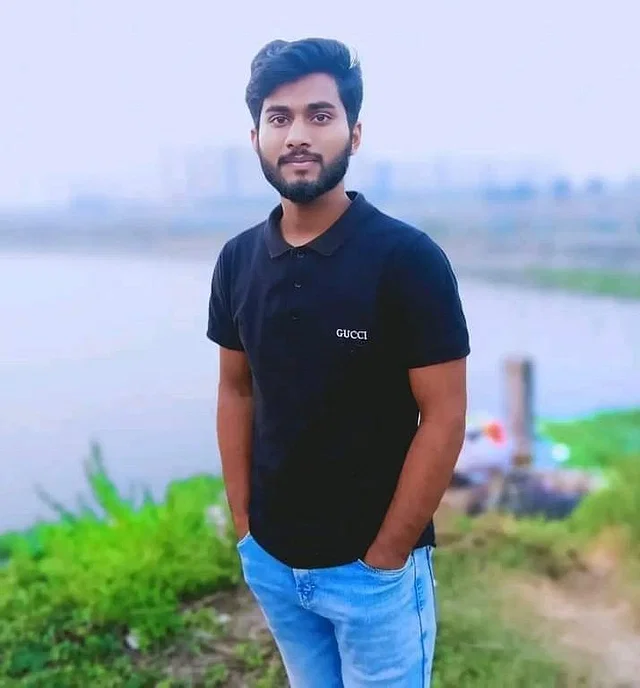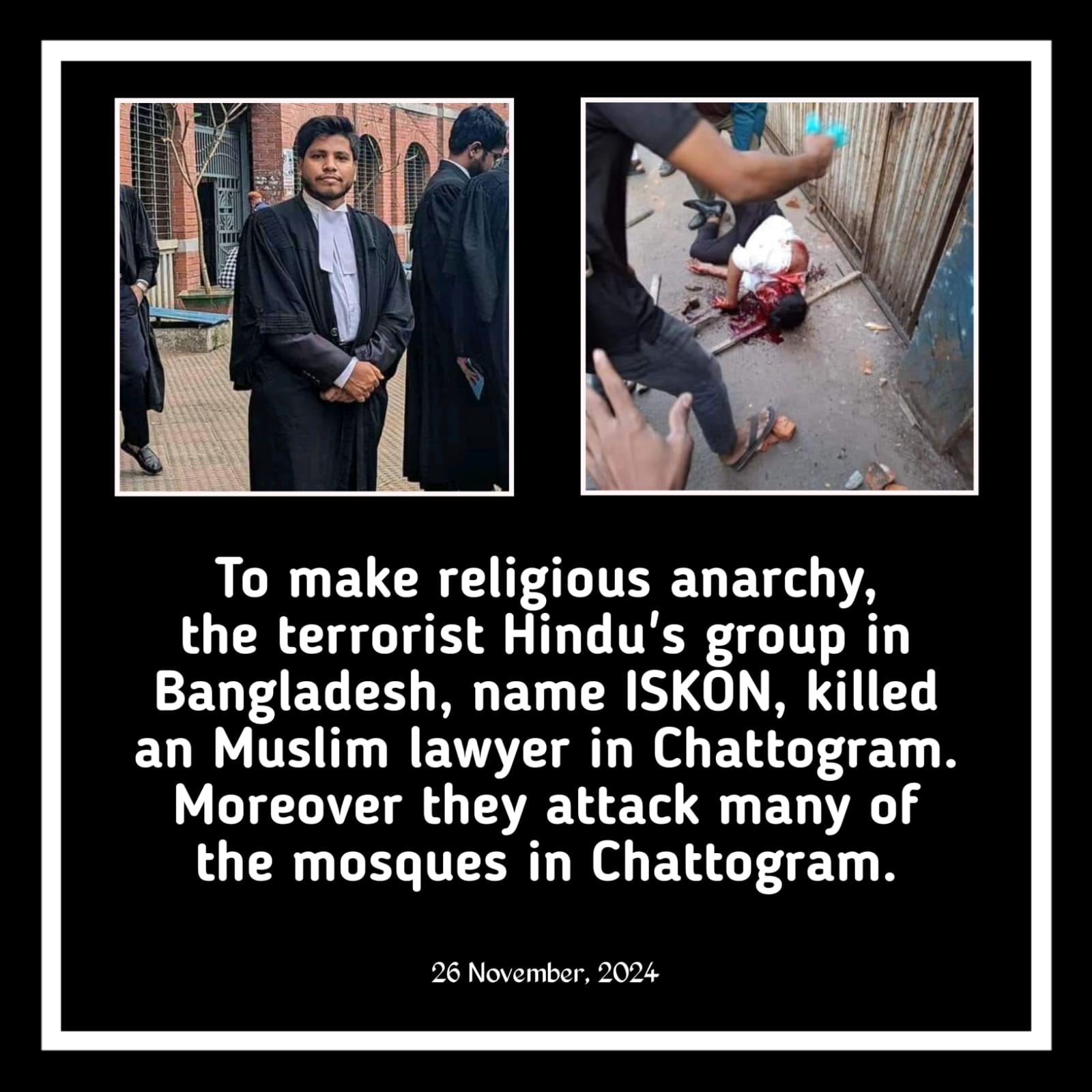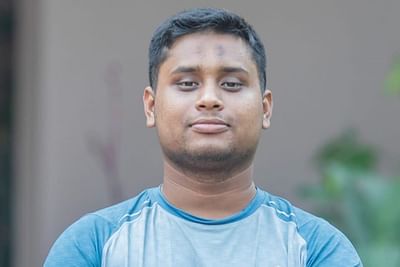On July 19, around 3 PM, Abdul Jalil (61) had his last conversation with his only son, Nahidul Islam, over the phone. Since it was Friday and Nahidul had a day off, Jalil called to check if he had attended Jummah prayers and had lunch properly. He warned his son about the ongoing troubles on the streets and advised him to stay safe and not to leave home unnecessarily.
A few hours later, Jalil received a call from Nahidul’s friends informing him that his son had had an “accident.” Distressed, Jalil frantically called around for more information. He eventually learned in the evening that Nahidul had been shot at Mirpur 10 in Dhaka. His friends had taken him from the pavement to a nearby hospital, where the doctors declared him dead.
As he recounted the incident, Abdul Jalil and his wife, Bibi Fatema, broke into tears. Nahidul’s home was in the northern Batamara village of the Borhanuddin Upazila, in the 5th ward of Bara Manika Union. Jalil works as a day laborer in a sawmill.
On Wednesday afternoon, navigating through rain and muddy roads, the scene at Abdul Jalil’s home revealed a small house with clear signs of poverty. The yard was muddy, the floor of the house was earthen, and the walls and roof were made of tin.
Speaking with family members revealed that Nahidul completed his Alim exam in 2023 from Hajipur Islamia Fazil Madrasa in Daulatkhan Upazila. He enrolled in the Philosophy department at Bhola Government College. However, due to financial constraints, he took up a small job. In addition to his job, Nahidul sold clothes on the footpath of Mirpur 10 from the evening until night. He sent a portion of his earnings to his father every month to help run the household. Nahidul aspired to become a successful businessman.
Jalil shared that he used to engage in farming and the tree business but lost everything to the Meghna River erosion twice. Now, he barely survives. They had high hopes for Nahidul, but now those hopes are gone. Nahidul lived in Mirpur 6 with 8-10 others. After work, he would sell clothes at Mirpur 10. On that fateful Friday afternoon, Nahidul and his friends went to Mirpur 10 to assess the situation. Realizing it was unsafe, they decided to secure their goods and leave. They had tea before parting ways.
Abdul Jalil recounted, “After having tea, Nahidul told his friends, ‘You guys go ahead, I have some work.’ He barely walked seven or eight steps when he got shot. His friends said they took him from the pavement to the clinic, but the doctors there pronounced him dead. His body was brought home in a freezing van on July 20. After the funeral, he was buried near the mosque.”
Nahidul’s grieving mother, Bibi Fatema, expressed her sorrow, saying, “What difference does it make if we seek justice or not? I was overjoyed to have a son after three daughters. We raised him with great difficulty, and now he has been taken away from us.”
She further said, “My son was very talented. He studied on his own, we couldn’t afford private tuition. He worked and studied simultaneously. Despite losing everything to the river erosion, he supported us. Now he’s gone, and I seek justice for my son.”
This tragic story highlights the broader socio-economic struggles faced by families in regions prone to natural disasters and the devastating impact of violence on everyday lives. It also underscores the importance of systemic change to address the underlying causes of such incidents.










